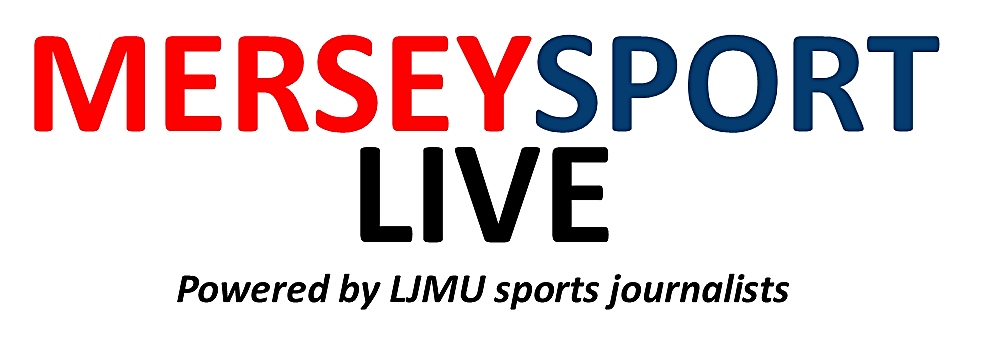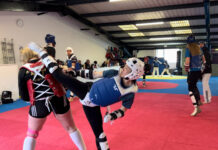“For me, because you don’t actually play grand final side against grand final side, I don’t know if it is worthwhile playing.” These were the words of current Widnes Vikings and former World Cup-winning coach Tim Sheens when asked on his opinion about the World Club Challenge.
Despite the Australian’s thoughts on the matter, it is that time of year again, when the champions of their respected leagues unite and play the ultimate final showdown.
St Helens booked their place in the World Club Challenge in some style, dismantling the Salford Red Devils on the biggest stage of all back in October, to mark a fitting end to Justin Holbrook’s Super League journey.
The Sydney Roosters, on the other hand, squeezed past a Canberra Raiders’ side littered with English stars to claim a hard-fought 14-8 victory in New South Wales.
Trent Robinson’s Roosters are familiar to the competition – which started back in 1979 – and have claimed world glory for a joint record of four times, most recently in 2019, as Wigan Warriors became the latest team to fall.
October to February is a long time, though, and in this case, the sides that took to the field four months prior have undergone vast amounts of change.
Just weeks ago, Warrington Wolves handed St Helens their first whitewash in years, four to be exact. On that night at the HJ, Kristian Woolf was facing large injury scares, with a total of six players missing out of the side who triumphed at Old Trafford.
It has been a few weeks since that night in Cheshire, enough time for the walking wounded to slowly make their highly-anticipated return.
There wasn’t too much of a shift in the pack when Woolf took their reigns in the off-season and the Australian head coach has kept together much of the 2019 double-winning side.
The Roosters are in town! ?
? Pre-match media duties! ✅ pic.twitter.com/u0l8kk1kqn
— St.Helens R.F.C. (@Saints1890) February 19, 2020
However, Robinson and his team weren’t so lucky. With halves pair Latrell Mitchell and Cooper Cronk heading for the exit door in the winter, the Roosters have had to undergo a big change, with youngster Kyle Flanagan coming into the side to fill the former halfback’s place.
The Roosters’ main asset is their depth, and Robinson and his side will continue to be a tough nut to crack, with or without Cronk.
“With the system now, there could be multiple changes in both sides,” said Sheens.
“There has been a lot [of changes] at St Helens because of injuries and they have a new coach, with the Roosters, they have also had some changes and an important one will be Cronk for sure.
“I think they will be able to match Saints in terms of power, but it will come down to the execution.”
A change in players hasn’t been the only problem with the competition in the past. As many have eluded to, the timing of the event has come under much scrutiny.
With the Super League already three rounds deep and as the NRL does start for another number of weeks, is this fair on the English club involved.
Alternatively, a tried and tested method is to hold the event at the end of each club’s respected season, a week after the grand final.
However, the argument for that would be that it would take away the ecstasy of the victory, knowing you have to go through the same emotions for pretty much the same game – with less meaning – a week on.
Incidentally, when Sheens was the head coach of Canberra, his side fell to his current club Widnes in 1989 and still feels that playing a week after the final is not the best idea. “In the old days when I brought Canberra over here in ’89 [it was better],” said Sheens.
“Although, that didn’t work either because it was a week after a grand final which is a little unfair, but at least you have the same teams and the same coach .etc.”
For now, we only look on what both teams have to offer on Saturday night. Last season is gone, players have moved on, but one thing remains the same, and that is a good game of rugby league.
Image – Platy Photos














